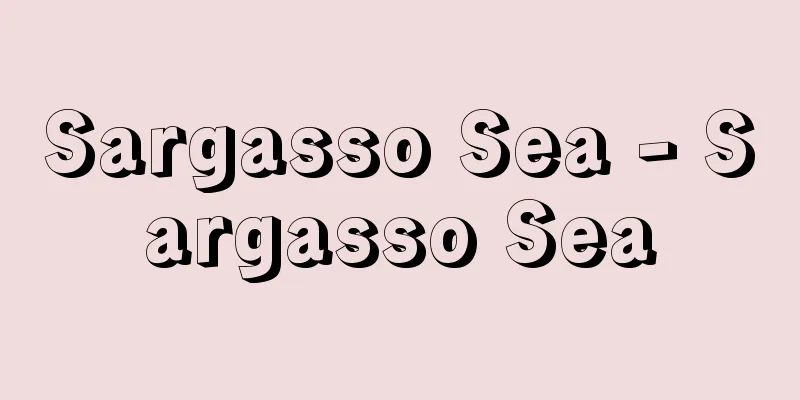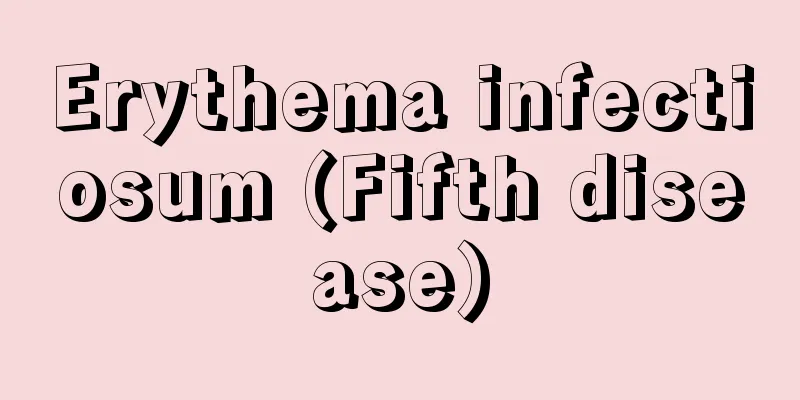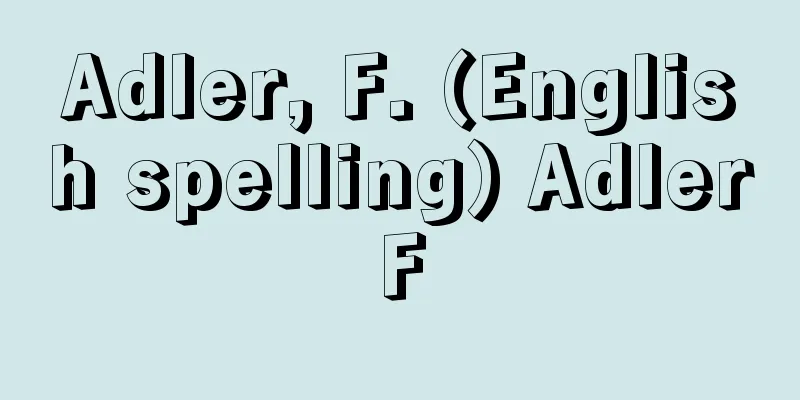Rameau's Nephew - Rameau's Nephew

|
This is a dialogue-style novel written by the French Enlightenment thinker Diderot between 1762 and 1772. It is thought that the impetus for writing it was the comedy Les Philosophes (The Philosophers) by the Parisian Charles Palissot de Montenoy (1730-1814), which was performed in 1760, but due to the work's many references to real-life contemporaries, it was not published during Diderot's lifetime. This masterpiece first saw the light of day when the German literary giant Goethe translated it into German in 1805 based on one of the manuscripts. Diderot's original manuscript was actually discovered in 1891. The work is an unusual novel whose main content is a conversation between "He," an unsuccessful musician who is the nephew of the great composer Jean-Philippe Rameau, and "I," a philosopher who seems to be Diderot. With gestures and movements, "He" passionately discusses the issues of genius and mediocrity, the lives of the parasites that gather around wealthy families, his praise of Italian opera, and the issue of evil. The constructive responses of "I" who counter this are inevitably faltering. It is well known that Hegel saw a conflict between honest consciousness and corrupt consciousness in the dialogue between the two. [Shinichi Ichikawa] "Rameau's Nephew" (translated by Kiyoji Honda and Noboru Hiraoka) (Iwanami Bunko) Source: Shogakukan Encyclopedia Nipponica About Encyclopedia Nipponica Information | Legend |
|
フランスの啓蒙(けいもう)思想家ディドロの対話体の小説で、1762~72年執筆。起稿は、60年に上演されたパリソCharles Palissot de Montenoy(1730―1814)の喜劇『哲学者たち』Les Philosophesがきっかけとなったと考えられるが、作品に実在の同時代人への言及が多いため、ディドロの生前には刊行されなかった。この傑作が初めて日の目をみるのは、ドイツの文豪ゲーテが写本の一つに基づいて1805年にドイツ語訳してからである。ディドロの肉筆原稿が発見されたのは、実に1891年のことだった。 作品は、大作曲家ジャン・フィリップ・ラモーの甥でうだつのあがらぬ音楽家「彼」と、ディドロとおぼしき哲学者の「私」とが交わす会話がおもな内容の風変わりな小説である。「彼」は身ぶりを交えて、天才と凡才の問題、金満家の周辺に集う寄食者の生態、イタリア・オペラへの礼賛、悪の問題などを熱っぽく語る。これを迎え撃つ「私」の建設的回答も動揺しがちにならざるをえない。ヘーゲルが、両者の対話のうちに、誠実な意識と堕落した意識の対立をみたことは有名である。 [市川慎一] 『本田喜代治・平岡昇訳『ラモーの甥』(岩波文庫)』 出典 小学館 日本大百科全書(ニッポニカ)日本大百科全書(ニッポニカ)について 情報 | 凡例 |
Recommend
Pseudo-dementia - Kaseichiho
...also called pseudodementia. Hysterical dementi...
Sacral nerves
… While the cranial nerves that enter and exit th...
Boii
… 【history】 For the history from 1918 to 1992, se...
Water theory - Mizuron
Also called "suiron." Disputes over the ...
A Farewell to Arms
A representative full-length novel by the America...
Speech - Factory
Originally, it meant to convey something orally, ...
Republic of Tatarstan (English spelling)
It existed as the Tatar Autonomous Soviet Socialis...
Black Tartary Strategy
A miscellaneous history of China. One volume. Writ...
Lonicera alpigena (English spelling)
…[Mr. Makoto Fukuoka]. … *Some of the terminology...
Marmot - Marmot (English spelling)
A general term for animals in the genus Marmot, o...
Cush; Kush
Also called Kush. The ancient Egyptians called wha...
Onchi Medical School
In 1875, Western medicine (the so-called seven We...
Casablanca Conference - Casablanca Conference
During World War II, US President F. D. Roosevelt...
Rigel - Rigel (English spelling)
The proper name of the beta star in Orion. It com...
Earphones - Iyahon (English spelling) earphone
A type of transducer that converts electrical vib...









